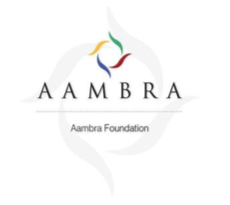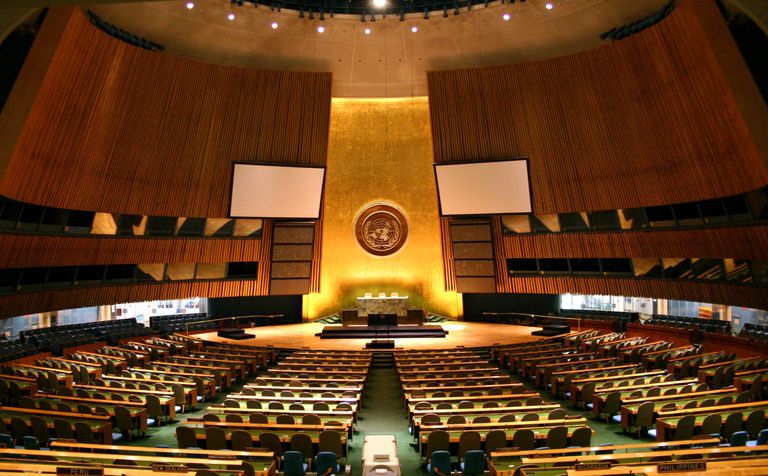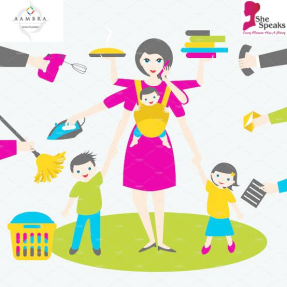UNITED NATIONS AT 75!
By Nidhi Dingrani, Social-media intern, SheSpeaks
As the UN completes 75 years, let’s look back at how successful it has been in empowering and emancipating women.
What has been done so far?
The UN was originally set up to prevent another World War and promote global cooperation as well as harmonious relations among countries. Each of the 6 Principal organs have a different objective ranging from maintenance of international peace and security to arbitration of international disputes. However, its role has been modified over time.
Over many decades, the UN has made significant progress in advancing gender equality, including through landmark agreements such as the Beijing Declaration and Platform for Action and the Convention on the Elimination of All Forms of Discrimination against Women (CEDAW). The United Nations Entity for Gender Equality and the Empowerment of Women, also known as UN Women was set up in 2010 in response to the UN General Assembly resolution 63/311. However, it was operational in 2011. UN Women is the UN organization dedicated to gender equality and the empowerment of women. A global champion for women and girls, It was established to accelerate progress on meeting their needs worldwide.
Goal 5 of the Sustainable Development Goals (SDGs) is ‘Gender Equality.’ With the member nations spurring into a ‘Decade of Action’ to achieve the SDGs by 2030, Goal 5 will play an important role. Gender Equality is not just a fundamental right but is now used as a yardstick to evaluate social welfare. Goal 5 aims to eliminate all forms of discrimination against women, ensure equal opportunities and participation. Adopting new policies and strengthening older ones will ensure the achievement of the goals.
Recent Developments
In the light of recent events the United Nations Development Programme (UNDP) and UN Women’s newly launched COVID-19 Global Gender Response Tracker shows the social protection and jobs response to the pandemic which has largely overlooked women’s needs. The tracker, which includes over 2,500 measures across 206 countries and territories, specifically analyses government measures with a gender lens in three areas: those that tackle violence against women and girls (VAWG), support unpaid care, and strengthen women’s economic security.
The Road Ahead
The 75th session of the United Nations General Assembly (UNGA) comes a quarter century after the adoption of the landmark Beijing Declaration and Platform for Action of 1995, a comprehensive blueprint for women’s rights and gender equality around the world. As part of its Generation Equality campaign and Forum, UN Women will convene women and youth leaders and diverse partners to catalyze collective action for gender equality.
The number of women appointed to top positions within the United Nations has increased significantly during U.N. chief António Guterres’ tenure. While women made up 19% of senior U.N. appointments in 1995, they made up 62% of these high-level appointments in 2020. Multiple programmes and projects have been launched by the UN for the attainment of women’s rights however, the pandemic has halted the implementation. That being said there is still hope that we will move a step further in realising our goal of gender equality with the increase in female representation in the UN.




